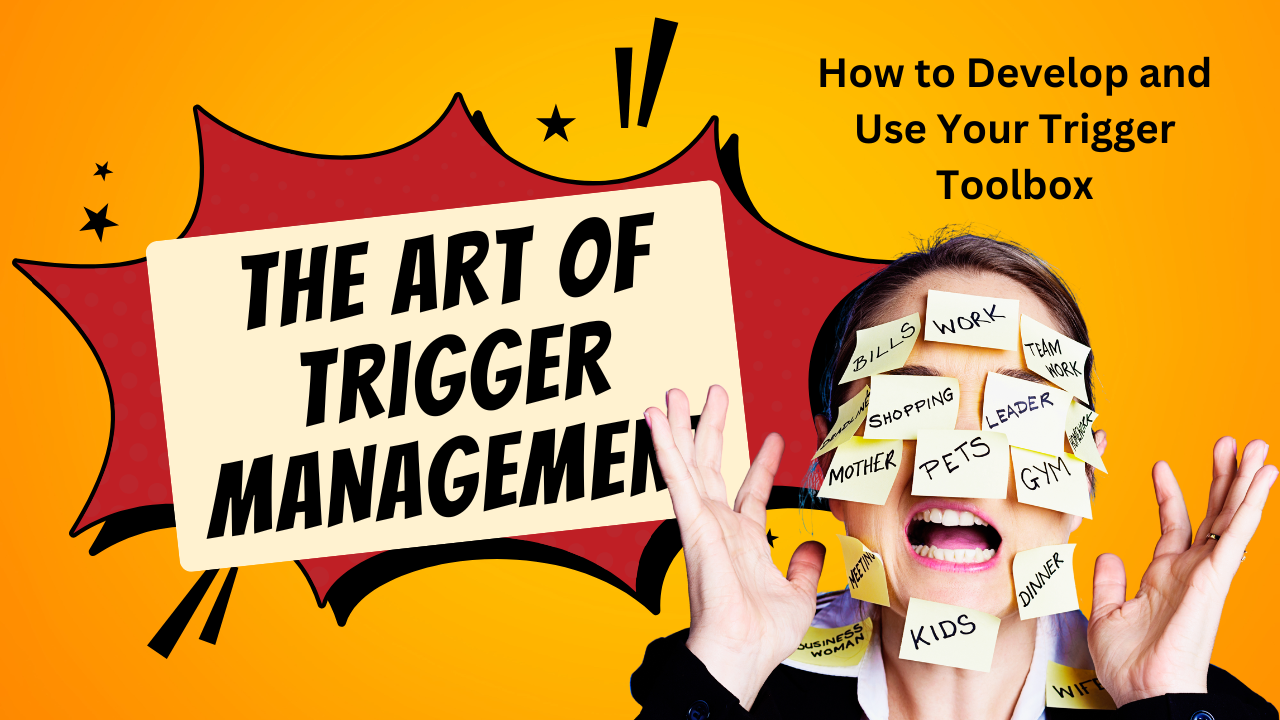
Understanding Triggers
Why Recognizing Your Triggers is Essential
Emotional triggers can ambush us during everyday interactions, leading to reactions that may seem out of proportion. These triggers are any stimulus—words, gestures, situations—that evoke a strong emotional response, often because they are connected to past traumas or experiences. Understanding what triggers us and why is a pivotal step toward emotional resilience.
Shawn Bearman, the CEO of INeedCoaching.com, emphasizes the importance of recognizing these emotional cues as part of managing personal and professional relationships. According to Bearman, "Triggers are part of everyday life, and learning to manage them effectively is crucial for leading a fulfilling and satisfying life." This perspective encourages not just awareness but active management of our responses.
The significance of understanding triggers lies in their potential to disrupt our lives. Unchecked, triggers can escalate conflicts, strain relationships, and cause considerable personal distress. By identifying our emotional triggers, we can begin to construct a personal Trigger Awareness and Action Plan (TAP), aimed at fostering emotional clarity and resilience. This plan involves recognizing situations that may provoke us, understanding our typical reactions, and finding healthier response mechanisms.
Building Your Trigger Toolbox
Creating a Personalized Action Plan for Emotional Control
After recognizing our triggers, the next crucial step is building a strategy to manage them. Shawn Bearman, a seasoned coach and CEO of INeedCoaching.com, suggests developing what he calls a "Trigger Toolbox"—a set of personalized strategies and tools to handle emotional spikes effectively.
The Trigger Toolbox is not just about coping mechanisms but also about proactive emotional management. Bearman advises listing major areas where triggers occur and detailing actions to minimize stress and anxiety during such events. This toolbox should include strategies for various scenarios—before, during, and after being triggered.
For instance, if financial discussions are a trigger, setting regular, structured conversations about finances can help manage the emotional response. The Toolbox approach helps transform overwhelming emotions into manageable actions, allowing individuals to maintain control and prevent escalation.
Come back for part 2 and some great actions to take for your Trigger Toolbox.
Shawn Bearman, CEO of INeedCoaching.com (a Community of Coaches)
Contact: shawn@ineedcoaching.com
Master Certified "Coach of Coaches"
Tags: #dealingwithtriggers #getunstuck #personaldevelopment #shawnbearman #triggertoolbox #lifehacks
